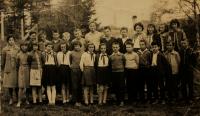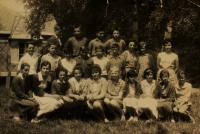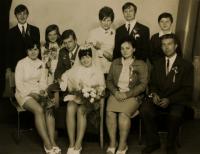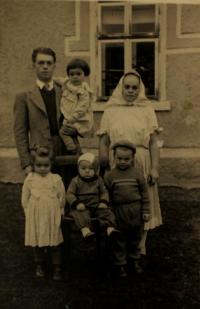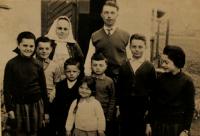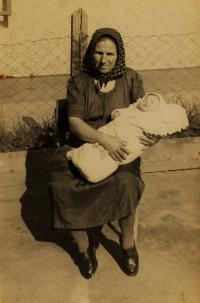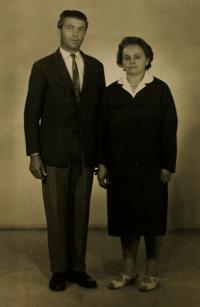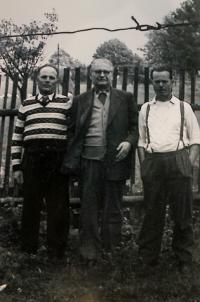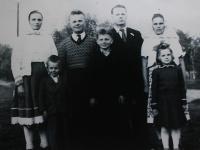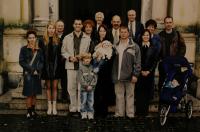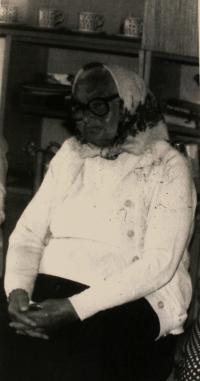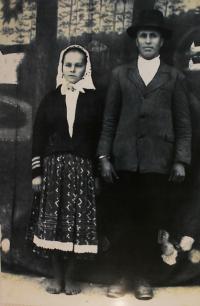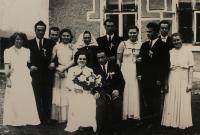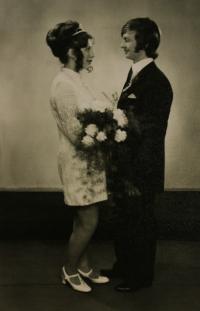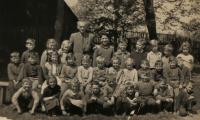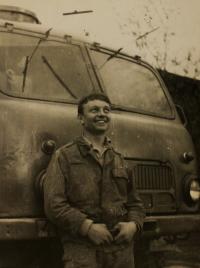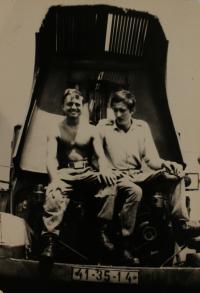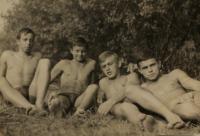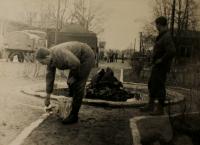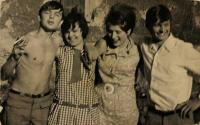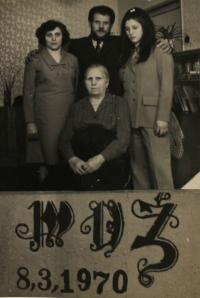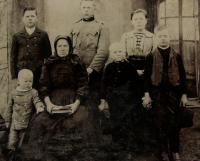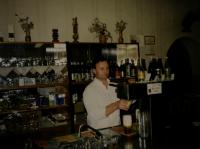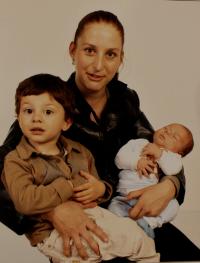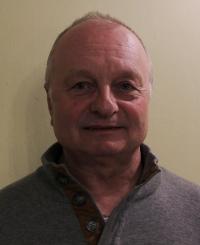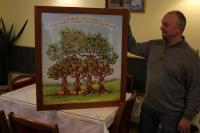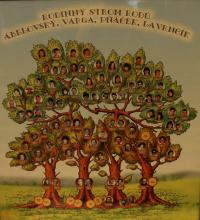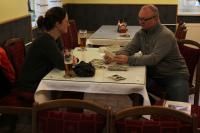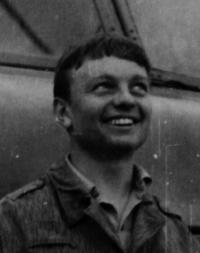My parents taught us strongly believe in Christ and work hard, that is the basics

Download image
Štefan Pňáček was born on 12 December, 1948 in Jindřichovice as the first child of Štefan and Antonie Pňáčk, who were originally Slovaks displaced within repatriation in 1947 from Rumanian Salajka to the Giant mountains. They got a house no. 267 in Jindřichovice, where they established a farm and the witness got engaged in its operations since early childhood. He grew up in a strongly religious and traditional environment. He apprenticed a machinist treating glass. Between 1967 -1969 he spent basic military service as a pilot in Czech Budweiser. Then he worked in the glassworks in Oloví, where he met his wife Kateřina. They have been married since 1972 and had two kids. In 1979 Štefan Pňáček finished his work in glassworks and joined the party. He had a pub in Oloví (until 1995) and in Kraslice (until 2010), which was then over by his daughter. Lately he and his wife got interested in a family genealogy.
